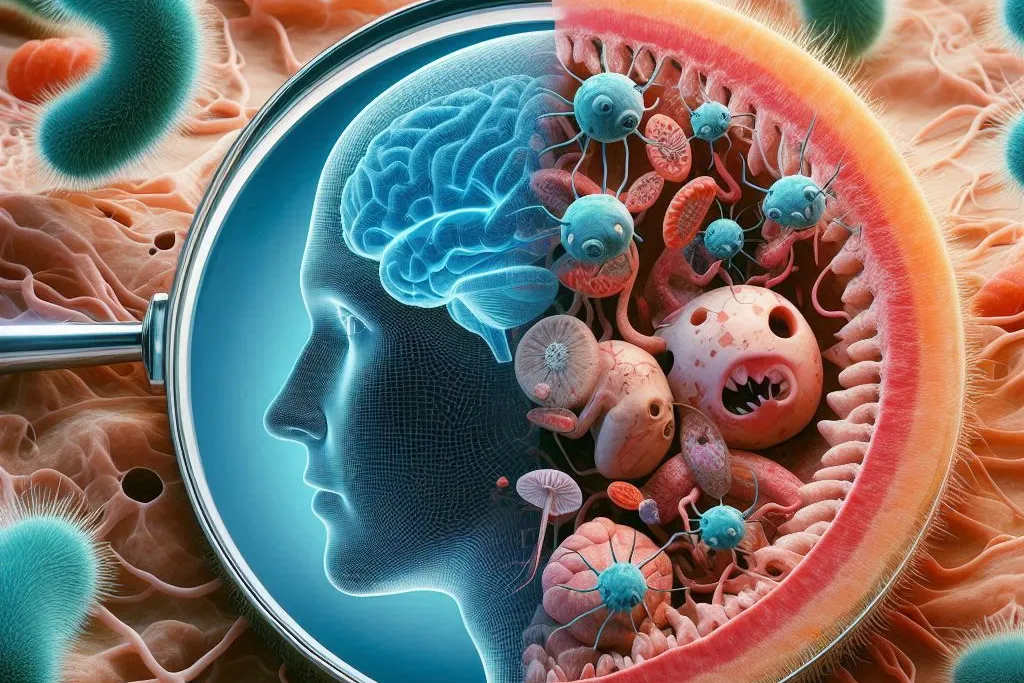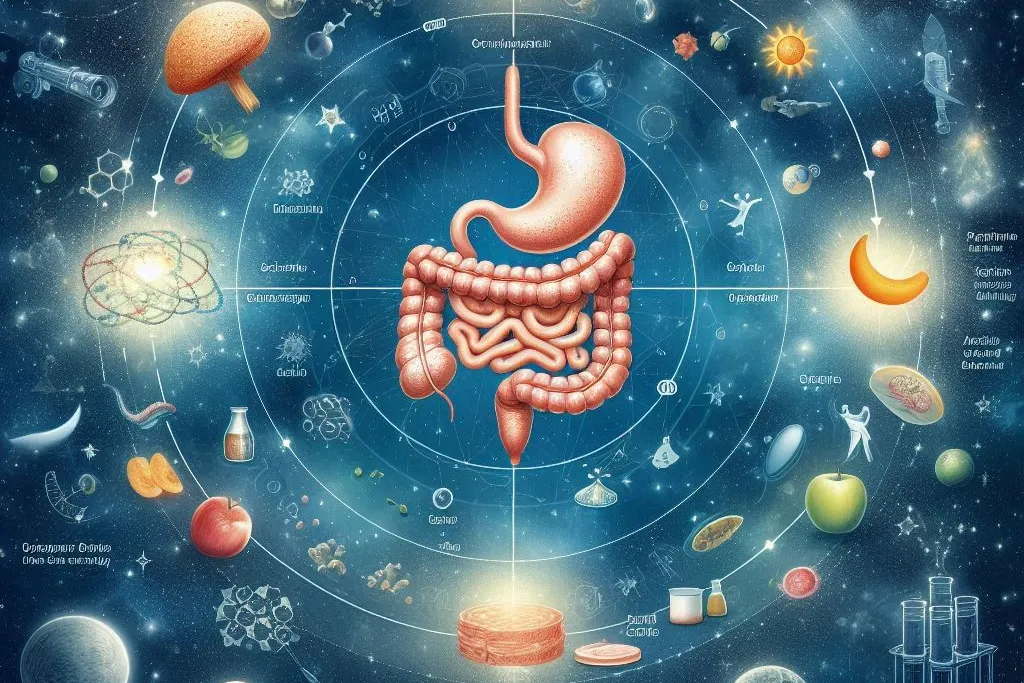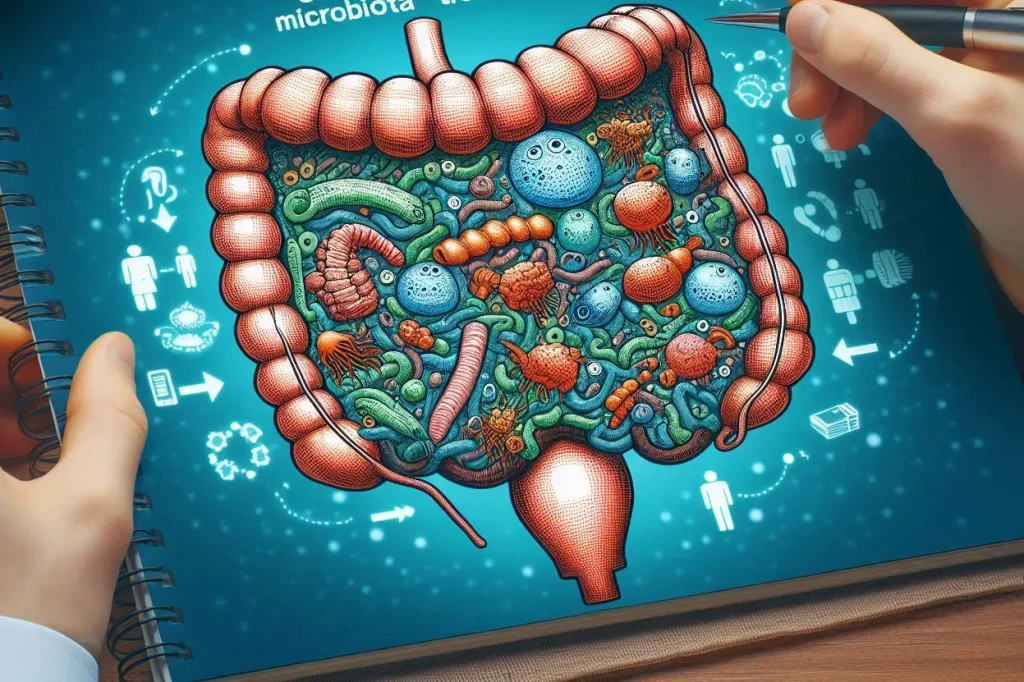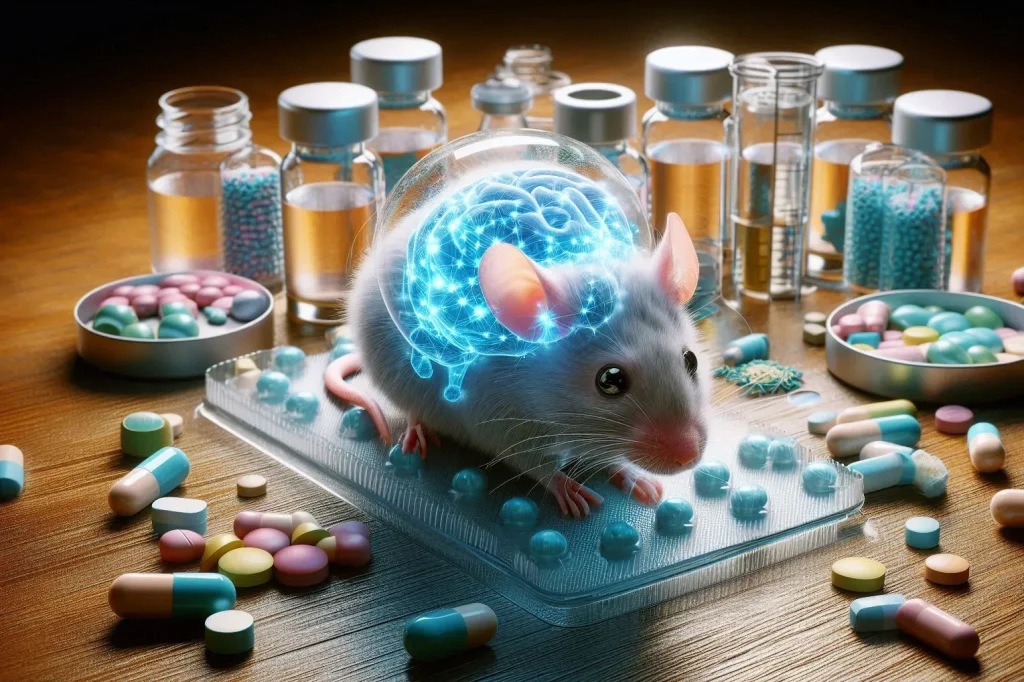Therapy Rewires the Brain to Tackle Hoarding Disorder
The study provides insight of cognitive-behavioral therapy (CBT) on hoarding disorder by examining its impact on brain activity.

The study provides insight of cognitive-behavioral therapy (CBT) on hoarding disorder by examining its impact on brain activity.

Researchers have long suggested that a Mediterranean diet increases life expectancy but is it really that good?

Study reveals that the tongue reacts to ammonium chloride via the same protein receptor responsible for signaling sour taste.

Findings in Folia Parasitologica highlight connection between certain infections, and personality traits, independent of overall health.

Which approaches is most effective for weight loss? Is there a difference at all when it comes to cardiovascular risk factors or diabetes?

In 2021, global centenarians numbered approximately 573,000, with United Nations estimates projecting a sharp increase to 3.7 million by 2050.

During a widespread DNA damage, the nucleus utilizing mitochondrial machinery for urgent repairs that threatens the genome’s integrity.

A Study sheds light on how protein affects muscle growth and repair, challenging existing beliefs on optimal protein intake.

A study reveals how nutrient-deprived cells redirect protein transport stations to cellular recycling centers for breakdown.

A gunshot wound that left an opening in a man’s stomach provided a unique opportunity to observe and understand the process of digestion.

Changing the gut microbiota through fecal microbiota transplantation (FMT) is an innovative approach for treating mental health issues.

A peer-reviewed study has identified more than 3,600 chemicals—approved for use in food production processes—in human samples.

Scientists have mapped the position, shape, and connections of each of its 130,000 cells and 50 million neural connections of a fly’s brain.

Switching to a healthy diet, rather than maintaining an unhealthy diet, could potentially add nearly nine years to life expectancy.

A meta-analysis of twelve studies offers insights into the ideal number of daily steps for health benefits.

Clutter and chaos are known to impact well-being in various ways, from reduced productivity to an increased tendency toward unhealthy eating habits. Perhaps the moment has arrived to manage homes with the precision of a hotel.

It was found that harmful glutamate levels were reduced by troriluzole, while cognitive functions showed improvement.

New products and ideas may be appealing due to their exploratory nature, but sometimes hinder progress towards desired outcomes.